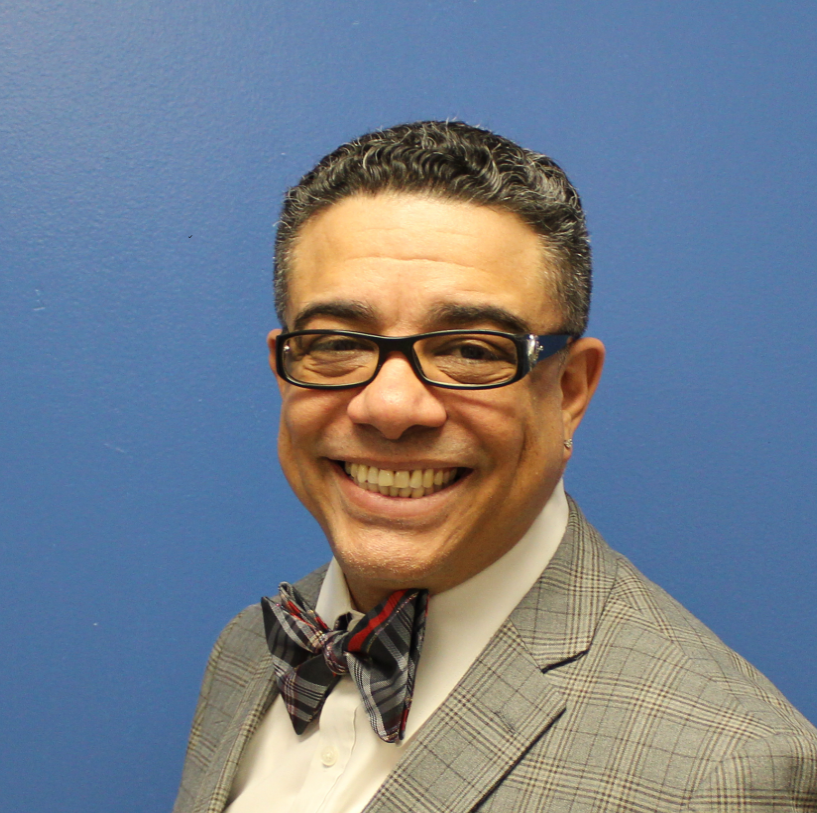
A Message From Our Chair
Living in an economically depressed area is one of the most significant social determinants of poor health and behavioral health. The effects of poverty are wide ranging and could reach across a lifespan, becoming generational patterns of struggle, inadequacies and deficiencies. To a large extent, poverty in childhood, and prolonged episodes in adulthood, is associated with lower school achievement; limited cognitive abilities, behavioral challenges, negative attention-related outcomes, higher rates of delinquency, substance abuse/drug overdoses, depressive and anxiety disorders, and higher rates of almost every psychiatric disorder in adulthood, including all forms of psychological distress, schizophrenia and suicide. Economic inequality is not monolithic, interacting at multiple levels, including individuals, families and local communities.
Furthermore, geographic concentrated poverty, often in urban areas, is particularly toxic to the emotional well-being of the individual. Signs of social, behavioral and physical disorders often characterize poor neighborhoods, which can cause stress, undermine health-promoting social ties, and affect the mental health of people who live there. Systemic neighborhood deprivation has been associated with many of the same behavioral health outcomes as poverty, e.g., the quality of local services and schools, social isolation, low collective efficacy and low socialization skills by adults, exposure to crime, violence and a general fear for lack of safety.
The LBHC leads by example, advocating creating social and behavioral change, beyond simply “alerting and encouraging” elected officials, providers and the general citizenry. We focus on active involvement, from writing letters and opinion pieces, to talking to elected and civic leaders,
to protesting on the streets, with a focus on addressing behavioral and social needs, effectively. Including providing quality access to behavioral health services for all. We are mindful of the privilege that comes with the role of being health care professionals, promoting consistently screening, incorporating and intervening in social risk factors as part of the therapeutic approach. We reject telling people in marginalize communities what they need to do, emphasizing instead celebrating diversity and listening carefully to the creative ideas and strengths present in their communities. Whether in the clinic, at the community-level, or when advocating for policy change, the voices of those directly impacted are at the front and center of the discussion.
Social change and social justice leads to emotionally, physically and spiritually healthier individuals, families and communities.
Hector Ayala (Co-Chair)
 English
English  Espanol
Espanol